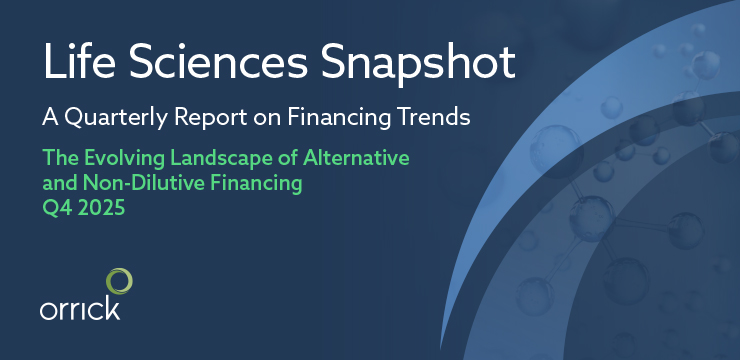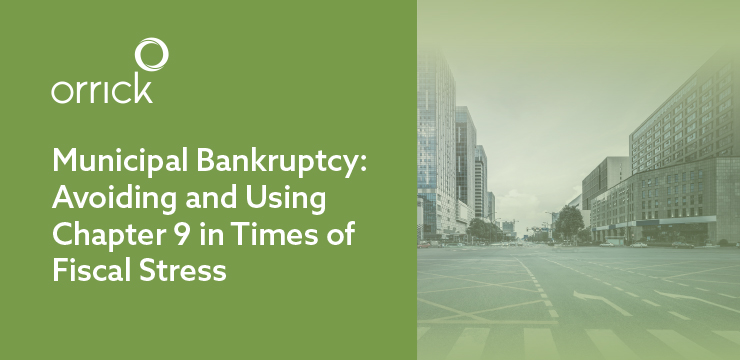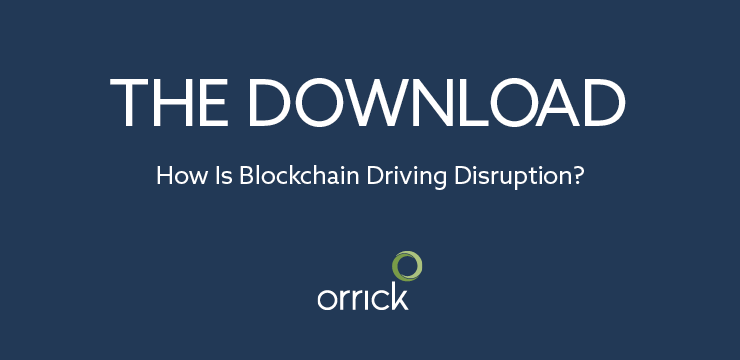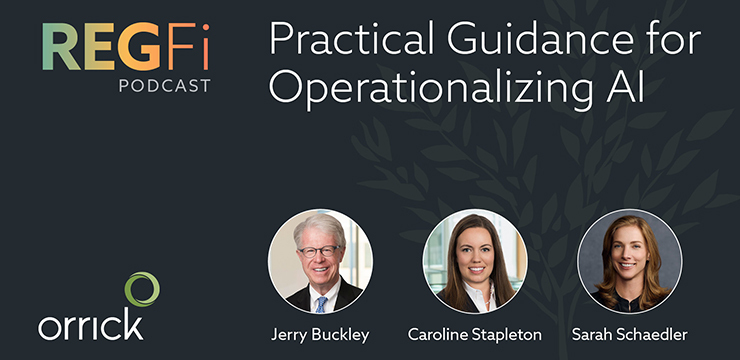SECTOR INSIGHTS
Life Sciences & HealthTech

The Evolving Landscape of Alternative and Non-Dilutive Financing | Life Sciences Snapshot – Q4 2025
10 minute read | October.17.2025
Artificial Intelligence

California’s Transparency in Frontier Artificial Intelligence Act: 5 Things You Should Know
4 minute read | October.23.2025
Finance

Municipal Bankruptcy: Avoiding and Using Chapter 9 in Times of Fiscal Stress
55 minute read | October.14.2025
The Latest
Client Result
Orrick Represents K5 Global in the $2.25 Billion Acquisition of HistoSonics
1 minute read | August.07.2025

News
Orrick Continues to Expand Asia Energy Platform with Tokyo Hire
2 minute read | October.17.2025

Client Result
Neptune Insurance Announces IPO
3 minute read | October.01.2025

Orrick advises AI-powered insurer, Neptune Insurance, on its initial public offering on the New York Stock Exchange.
Client Result
Workday to Acquire Sana for $1.1 Billion
2 minute read | September.16.2025

Client Result
Sonos Secures Appellate Victory Restoring $32.5M Verdict in Patent Battle with Google
2 minute read | September.05.2025

News
Law360 Names Litigator Jennifer Lee a Banking Rising Star
2 minute read | August.19.2025

Jennifer is recognized for her work on the frontlines of high-stakes litigation for some of the world’s largest financial institutions.
News
American Lawyer Again Selects Orrick As IP Litigation Department of the Year Finalist; Josh Rosenkranz Is Litigator of the Year Finalist an Unprecedented 4th Time
2 minute read | August.19.2025






